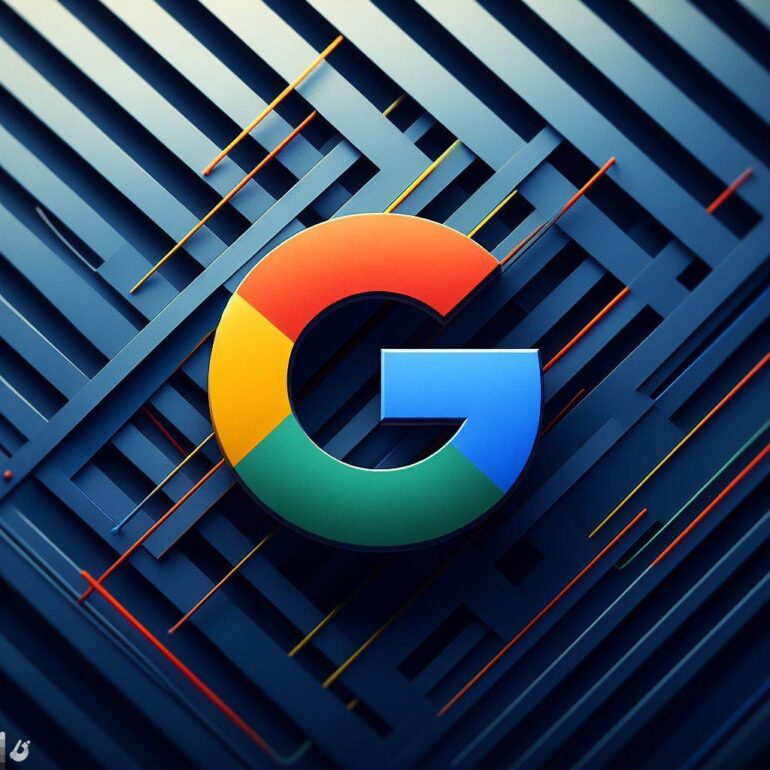TL;DR:
- Google faces a significant trial in Boston over alleged patent infringement related to its AI technology.
- Singular Computing claims Google illegally copied its technology for tensor processing units (TPUs), powering key Google products.
- The plaintiff seeks up to $7 billion in damages, alleging infringement on two technology patents.
- Google denies the claims, asserting that its processors differ significantly from Singular Computing’s technology.
- The trial’s outcome could have far-reaching implications for Google’s product portfolio, especially as it plans to integrate AI models into flagship products.
- The trial is expected to span two to three weeks.
Main AI News:
In the bustling heart of Boston’s legal arena, tech giant Google finds itself at the center of a high-stakes courtroom drama. The stage is set for a landmark trial, one that could reshape the landscape of artificial intelligence technology and intellectual property rights. At the heart of this legal battle stands Joseph Bates, a distinguished computer scientist and the visionary founder of Singular Computing.
The core accusation? Google, the behemoth of the tech world, stands accused of brazenly infringing upon patent rights associated with processor technology integral to its expansive artificial intelligence product portfolio. Singular Computing’s Joseph Bates contends that Google has, in fact, unlawfully replicated his groundbreaking technology, specifically designed for tensor processing units (TPUs).
Google’s TPUs serve as the very lifeblood of numerous iconic products, including Gmail, Google Search, and the ubiquitous Google Translate. Singular Computing argues that Bates, in a spirit of collaboration, had shared the fruits of his tech innovations with Google back in 2010. However, they assert that Google’s TPUs have since trampled upon not one but two of Bates’ prized technology patents, including an intricate circuit architecture of singular distinction.
The timeline of this legal tussle is a crucial element. Google unleashed its TPUs into the market with much fanfare in 2016. Singular Computing, on the other hand, asserts that subsequent iterations released in 2017 and 2018 brazenly trampled upon their patent rights. Consequently, the plaintiff is seeking an eye-popping $7 billion in damages, a figure that reflects the gravity of the alleged infringement.
Google, true to its stature, vehemently refutes these allegations, insisting that its processors have been meticulously crafted through years of independent development. The tech titan maintains that its processors operate in a fundamentally different manner compared to the technology championed by Singular Computing. Google firmly asserts that its proprietary technology is tailored precisely to meet the demands of its diverse applications.
As the legal proceedings unfold, the tech world holds its collective breath. This case is slated to play out over the course of the next two to three weeks, and the outcome could send shockwaves through Google’s product lineup. Of particular significance is Google’s impending plan to integrate cutting-edge AI models into its flagship smartphones and the ever-popular Chrome browser. Singular Computing’s quest for justice may well redefine the boundaries of innovation and intellectual property rights in the fast-paced realm of artificial intelligence.
Conclusion:
The outcome of this trial holds immense significance for the tech market, as it could impact the future of AI technology development and intellectual property rights. If Singular Computing prevails, it may set a precedent that affects how tech giants navigate innovation and collaboration in the AI sector. This legal battle underscores the importance of protecting intellectual property in the rapidly evolving world of artificial intelligence.

